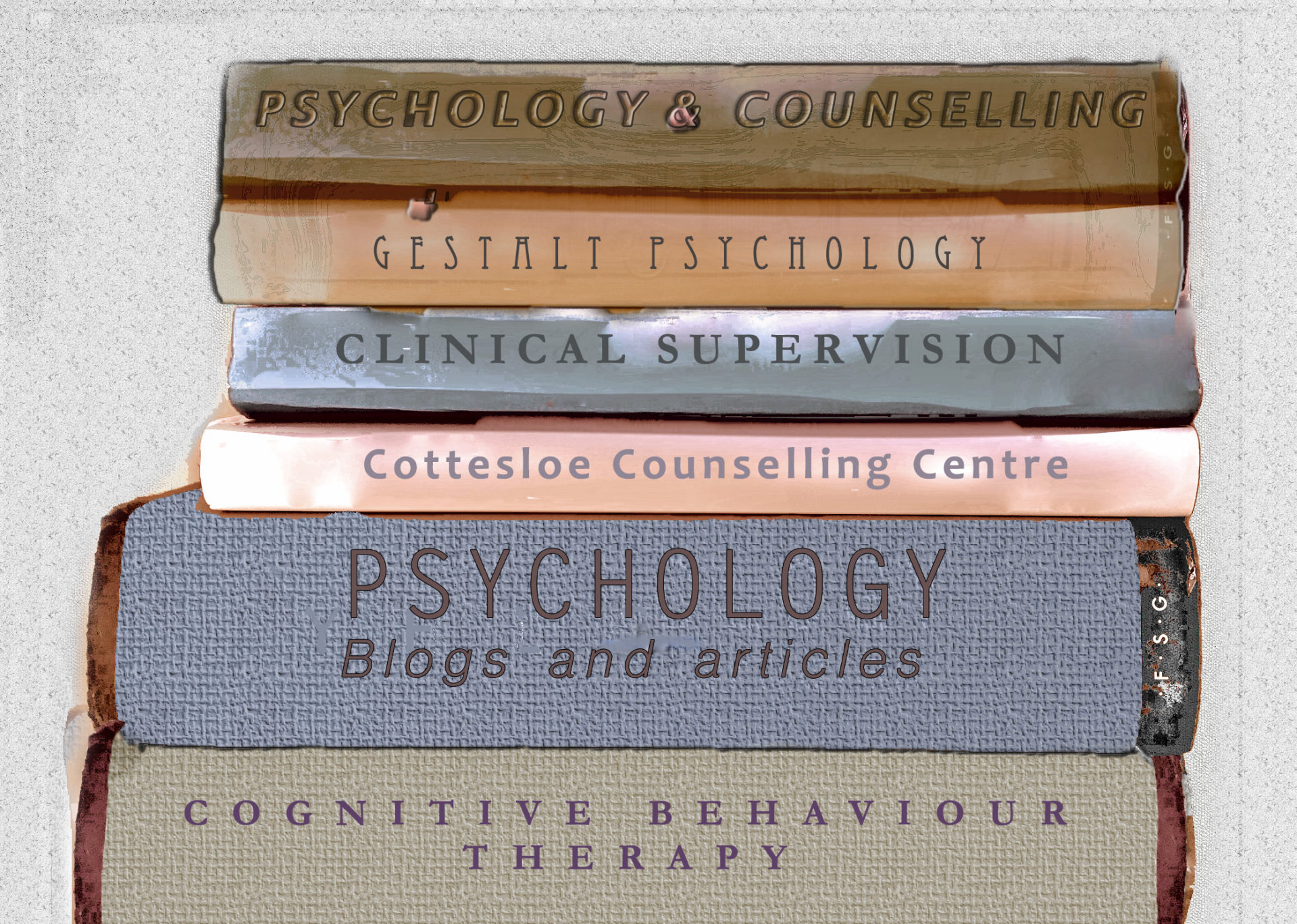Counselling for FIFO (Fly In Fly Out) Couples & Families
What has become commonly known as the Fly In Fly Out Lifestyle is being lived by thousands of families across Australia with some workers flying from as far north as Queensland or from as far south as Tasmania, to take up work at mining camps in Western Australia, on remote oil and gas rigs off our northern coastline, or as far afield as the Middle East. Similarly, many workers from Perth fly in and out of these remote workplaces, leaving their partners and families behind.
While many families adapt well to the lifestyle and benefit from the financial gains that they can make, there can be significant impacts on the worker, their partner and their children.
The Worker
They may experience:
- Isolation
- Loneliness
- Feelings of mistrust and resentment
- Exhaustion and fatigue
- Identity issues when returning home
Workers may find it hard to stay in touch, especially if they are on offshore rigs and vessels. They may miss their partner and suffer from the limited intimate and sexual contact. It may be hard to imagine their partners getting on with their own social lives and receiving emotional support from others. They may arrive home tired and needing rest and struggle to fit back into the family.
The Partner
They may experience:
- Regular single parenthood
- Loneliness
- Feelings of mistrust and resentment
- Balancing personal needs with the downtime needed by their partner
The partners of FIFO workers may struggle with the full time parenting role and lack of emotional and practical support while their partner is working away. They may have little time out and rest from full time parenting and the decision making that this entails. Adapting into shared parenting on their partner’s return may be a challenge. Similarly, ‘getting familiar’ again and then having to let go and say goodbye takes its toll.
The Children/Family
Things to consider for you and your family:
- Maintaining the child/parent bond
- Adjusting to regular loss and return of a parent
- Adjusting to regular loss and return of your partner
- Individual timeout vs family time vs couples time
- Maintaining communication in the absence of your partner
- Maintaining intimacy with your partner
Staying Connected as a Couple and as a Family
Taking care our relationship as a couple and of the family unit is something that we all need to work at. There are no perfect relationships or perfect families and FIFO couples and families can experience extra pressure as a result of the Fly In Fly Out lifestyle. There are many ways that you can keep your relationships healthy.
• Communication and Staying in Contact
Discuss together how you can keep the lines of communication open. Regular contact through phone, text, skype, face time or email are all good ways to maintain connection. Similarly, with sharing photos and videos or recording stories for your kids so that they can hear your voice when you are away.
• Joint Goals and Working as a Team Whether these goals are financial, to do with parenting or related to special events and anniversaries, or intimate feelings of loneliness or jealousy, think in terms of ‘we’ rather than ‘me’. eg, ‘What are we going to do about_____’, or ‘I am feeling_____ and I’d like to talk about how we can_________’
Where possible, work out your goals and aims together and in advance and regularly check in with each other about how you are doing in relation to your goals. When problem arise, talk about them early rather than let them build until they become overwhelming.
• Reuniting and Making the Most of Being Together as a Couple and a Family
When you and your partner and your family are back together, make it enjoyable. Plan ahead about how you will spend family time and time as a couple. Include your children in your planning for family time so they have a sense of inclusion and enjoyment at what is coming up when Dad or Mum comes home.
Strike a balance between the returning partner getting rest and recreation and the ‘home’ partner being relieved of their sole parenting duties. Plan your socialising so that the returning partner also has a sense of inclusion and connection, not only to his/her partner and family but to the community he/she is returning to.
Every couple and family reacts differently to the pressures that are part and parcel of the Fly In Fly Out Lifestyle with some adjusting well, and others struggling with the demands and tensions that the lifestyle can bring.
If you find that your relationship as a couple is suffering or that your family life is being affected, individual or couples counselling may assist you to get back on track.
If you would like further information or would like to make an appointment, please contact Diana.

